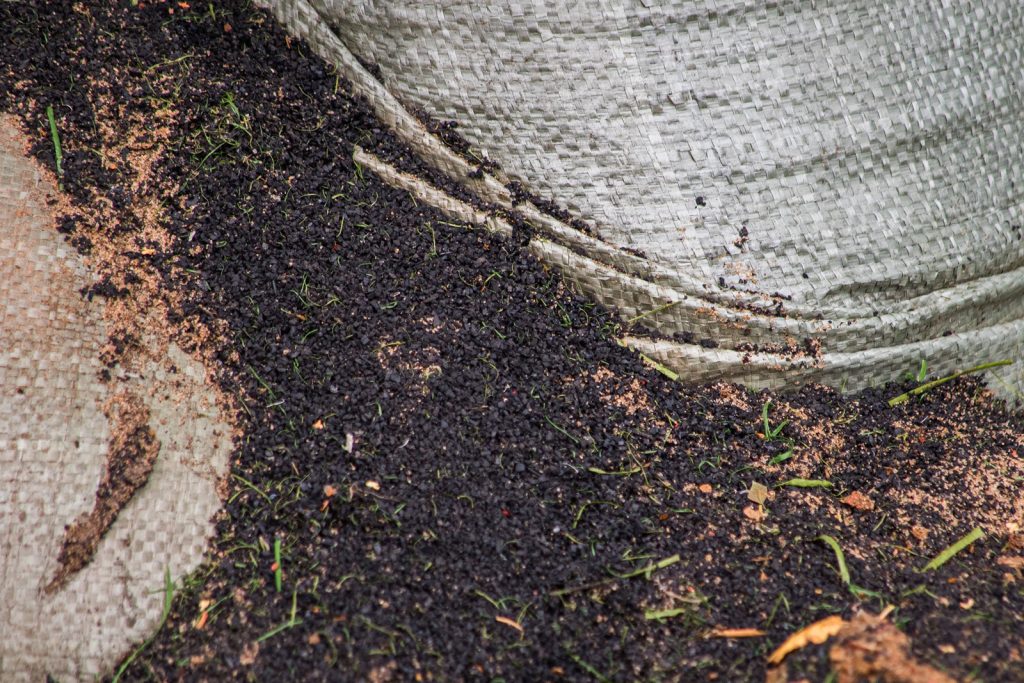In a groundbreaking move to revolutionize agriculture and combat climate change, Restoration Bioproducts is leading the charge with its flagship project, the Waverly Project, in Virginia. FDCE, the majority owner of Restoration Bioproducts, proudly supports this initiative, contributing to the mission of integrating biochar into the southeastern U.S. and empowering local farmers to enhance soil quality while sequestering carbon.
Read the full article [here].
Jeff Waldon, Managing Partner of Restoration Bioproducts, explains that the Waverly Project is not just a plant; it’s a proof of concept that adopts a risk-averse approach to growing the biochar industry. This venture is backed by decades of experience in the biomass industry, with partners bringing a wealth of expertise to the table. Waldon, a researcher with a background at Virginia Tech and treasurer for the U.S. Biochar Initiative, emphasizes the strategic focus on building appropriately sized facilities for each local community and its available feedstock.
The Waverly Project, situated on land leased from Wood Fuel Developers, leverages its close location to a pellet manufacturing plant, tapping into its wood flour and wood nibs waste stream as a biochar feedstock. This proximity not only reduces costs but also minimizes the carbon intensity of the final product. The facility plans to process two and a half tons of feedstock per hour initially, with future projects scaling up to about five tons per hour.
One of the most innovative aspects of the Waverly Project is the creation of biochar through pyrolysis, which heats fuel without oxygen. The resultant biochar, with 85 to 95% carbon content, is a powerful tool for sequestering carbon in the soil for extended periods, benefiting the environment and agricultural productivity.
FDCE’s commitment to the success of Restoration Bioproducts goes beyond ownership. The company actively participates in the transport and distribution of biochar to farmers, contributing to the significant economic and environmental impact of the Waverly Project. Moreover, FDCE plays a crucial role in this initiative’s strategic positioning, aligning with the vision of constructing appropriately sized plants across various locations.
The Waverly Project has already attracted attention from industry leaders, with Microsoft purchasing the rights to carbon dioxide removal credits from the biochar. This underscores the growing interest in carbon sequestration strategies, with a particular focus on direct removal rather than offsetting emissions.
As the Waverly Project nears completion and production commencement in 2024, FDCE remains committed to supporting Restoration Bioproducts in our mission to create positive change in rural communities. By embracing biochar innovation, this collaboration sets the stage for future projects, reinforcing the belief that small-scale, strategically located facilities can make a substantial impact on both local economies and global environmental sustainability.
To dive deeper into the transformative impact of biochar and the Waverly Project, read the full article [here].

